National University is a public university education institution managed by the Ministry of Education and Training.
From September 1, national universities will officially be managed by the Ministry of Education and Training, according to Decree 201 on the functions, tasks and powers of national universities issued by the Government on July 11, effective from September 1, replacing Decree 186 in 2013. This new education policy was born in the context of the country rearranging provinces, cities, agencies and administrative units.
Accordingly, Decree 201 stipulates more clearly the mechanism of autonomy and self-responsibility in training, scientific research and international cooperation of National Universities, while emphasizing the role of National Universities in providing high-quality human resources and contributing to the socio -economic development of the country.

New students visit the urban area of Ho Chi Minh City National University. According to the new education policy, Ho Chi Minh City National University and Hanoi National University are two units under the Ministry of Education and Training. Previously, these two units were under the direct direction of the Prime Minister.
PHOTO: XT
Specifically, the National University is a public university education institution managed by the Ministry of Education and Training, has legal status, has its own account and uses a seal with the national emblem.
National universities have the function of training at all levels of university education, scientific research and high-quality multidisciplinary and multi-field technology transfer; some training fields are leading in the country and highly ranked in the world.
National universities are under the state management of the Ministry of Education and Training, the Ministry of Science and Technology, other ministries, branches and People's Committees at all levels where the national universities are located according to the provisions of law.
Regarding personnel, the National University implements the personnel work process to report to the Ministry of Education and Training to submit to the Prime Minister for appointment and dismissal of the chairman of the council, director, and deputy director. At the same time, regulations on the working regime of lecturers and researchers are issued to attract and promote high-quality human resources domestically and internationally.
Regarding training, the National University builds and implements practical, specialized, special, gifted and talented training programs at all training levels to discover, train and foster scientific and technological talents; deploys training programs that have been implemented domestically to foreign countries through international cooperation and association programs in accordance with the provisions of law.
In particular, the National University is a level I budget unit assigned by the Prime Minister to make budget estimates and is prioritized by the State for investment and development to carry out national strategic tasks and regional development tasks of the country.
Currently, the country has two national universities, including Hanoi National University (established in 1993), including 13 member universities, schools and faculties; and Ho Chi Minh City National University (established in 1995), including 9 universities, institutes and branches. The total training scale of the two universities is up to hundreds of thousands of students.
What qualifications do foreign language teachers and lecturers need?
The Government issued Decree No. 222 regulating teaching and learning in foreign languages in educational institutions, effective from September 25, replacing Decision No. 72/2014 of the Prime Minister regulating teaching and learning in foreign languages in schools and other educational institutions and Circular No. 16/2016 of the Ministry of Education and Training guiding the implementation of some contents of Decision No. 72.
Accordingly, this Decree regulates teaching and learning in foreign languages in educational institutions, including principles of teaching and learning in foreign languages; requirements for teaching and learning in foreign languages regarding programs, textbooks, materials, teachers, learners, facilities, teaching equipment, exams, tests, assessments, quality assurance, tuition fees and tuition fee management...

Teaching and learning in foreign languages from primary to university level will apply new regulations.
PHOTO: NL
This Decree does not regulate the teaching and learning of foreign language subjects and foreign language credits; the implementation of educational cooperation; joint training at university, master's and doctoral levels with foreign countries; and the teaching of foreign educational programs. At the same time, it does not apply to educational institutions with foreign investment that implement teaching programs entirely in foreign languages in general education, continuing education, vocational education and university education.
Specifically, primary and secondary school teachers must have a minimum foreign language proficiency of level 4 according to the 6-level foreign language proficiency framework for Vietnam or equivalent; high school teachers must have a minimum foreign language proficiency of level 5.
Lecturers teaching at university levels must have a foreign language proficiency that meets the teaching requirements of the training program, at least level 5. Similarly, vocational education levels must also have a minimum level 5.
The Decree also stipulates that people who have received full-time university, master's, or doctoral training abroad with a foreign language as the language of instruction and have a recognized diploma according to regulations or a bachelor's degree in foreign languages or foreign language pedagogy in Vietnam are exempt from foreign language proficiency requirements.
Source: https://thanhnien.vn/chinh-sach-giao-duc-quan-trong-co-hieu-luc-tu-thang-92025-185250902121705464.htm



![[Photo] National Assembly Chairman Tran Thanh Man receives First Vice Chairman of the Federation Council of Russia](https://vphoto.vietnam.vn/thumb/1200x675/vietnam/resource/IMAGE/2025/9/2/3aaff46372704918b3567b980220272a)
![[Photo] Special art program "Da Nang - Connecting the future"](https://vphoto.vietnam.vn/thumb/1200x675/vietnam/resource/IMAGE/2025/9/2/efdd7e7142fd45fabc2b751d238f2f08)
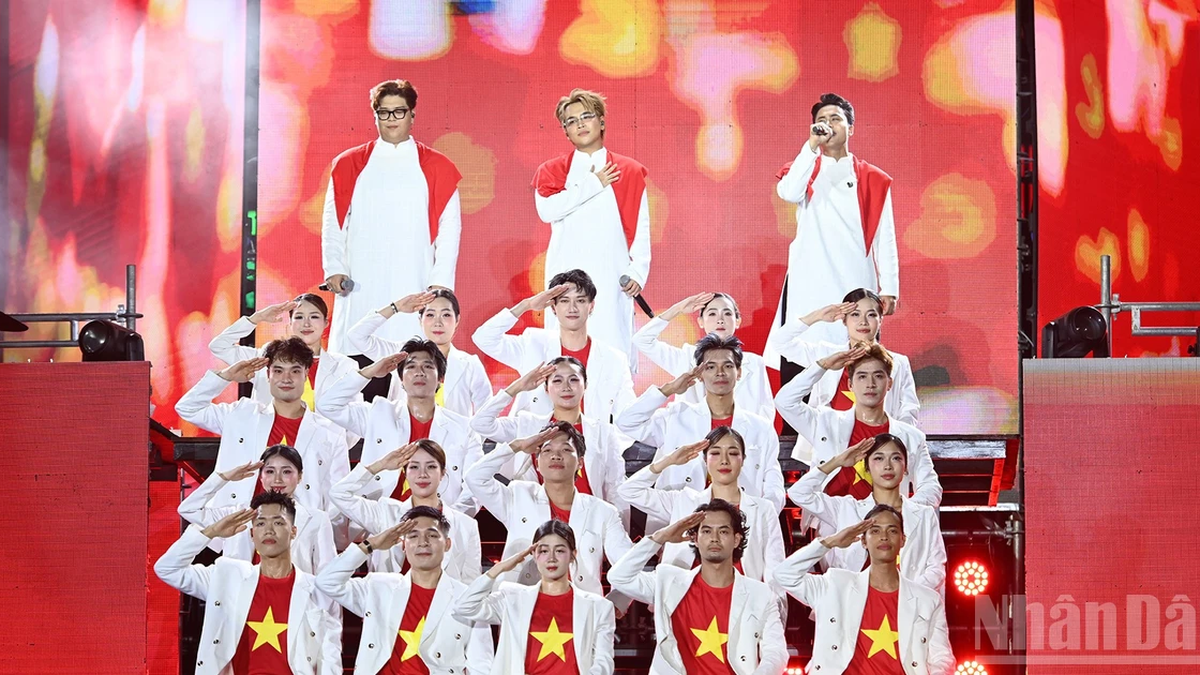
![[Photo] Lao President Thongloun Sisoulith and President of the Cambodian People's Party and President of the Cambodian Senate Hun Sen visit the 95th Anniversary Exhibition of the Party Flag Lighting the Way](https://vphoto.vietnam.vn/thumb/1200x675/vietnam/resource/IMAGE/2025/9/2/3c1a640aa3c3495db1654d937d1471c8)

![[Photo] National Assembly Chairman Tran Thanh Man meets with First Secretary and President of Cuba Miguel Diaz-Canel Bermudez](https://vphoto.vietnam.vn/thumb/1200x675/vietnam/resource/IMAGE/2025/9/2/c6a0120a426e415b897096f1112fac5a)






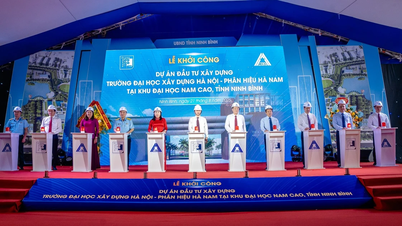

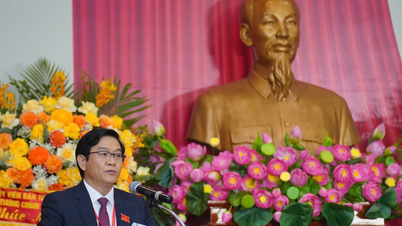
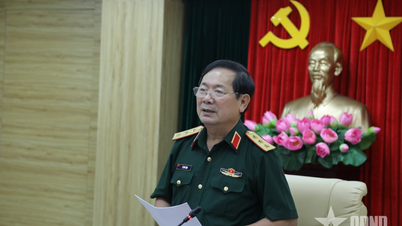

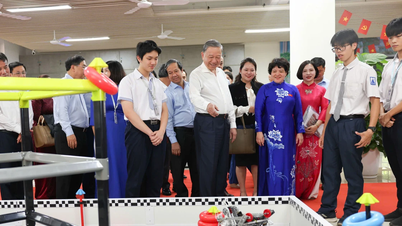
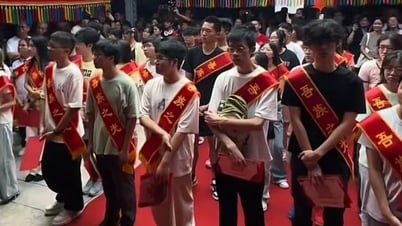


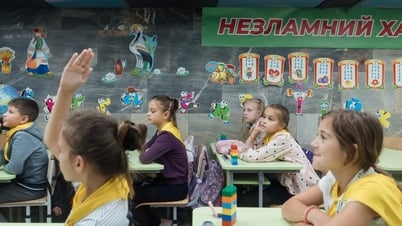

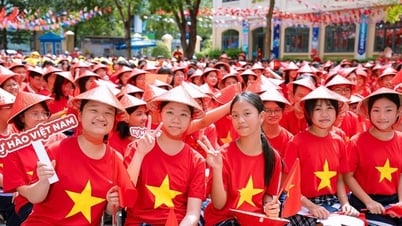

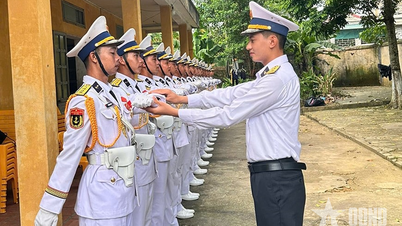

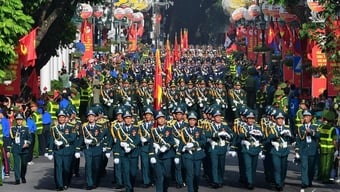







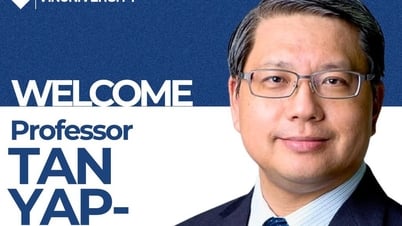








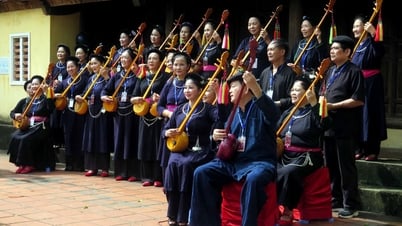

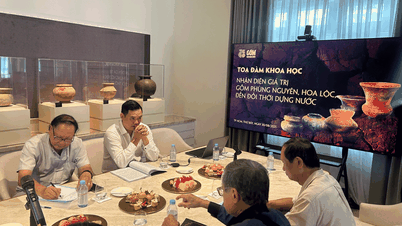
















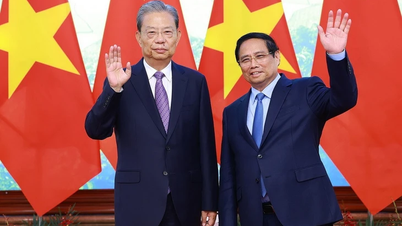
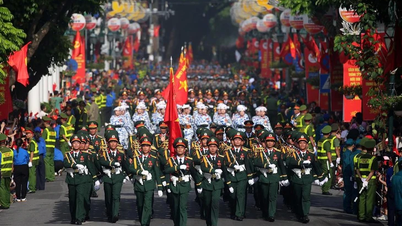

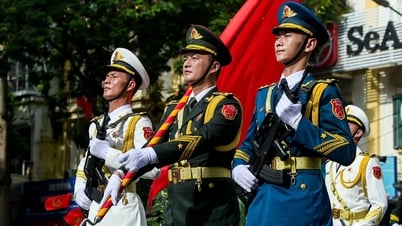





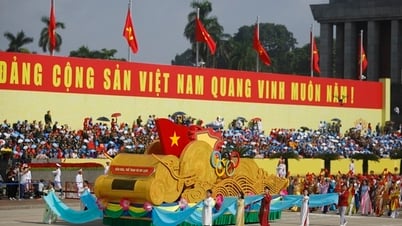

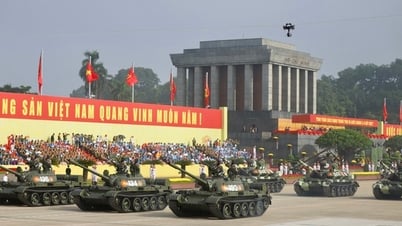
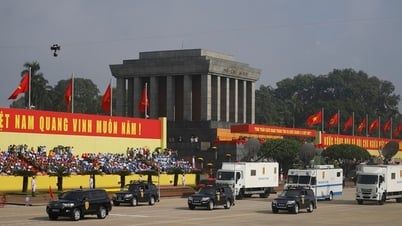





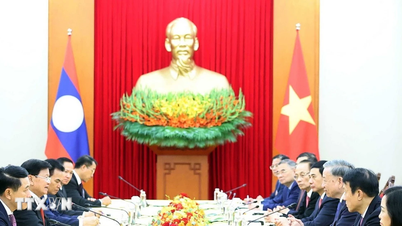











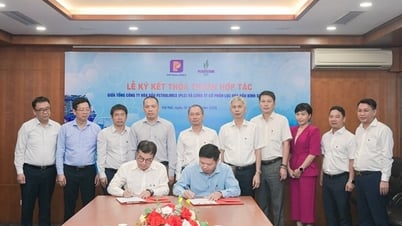






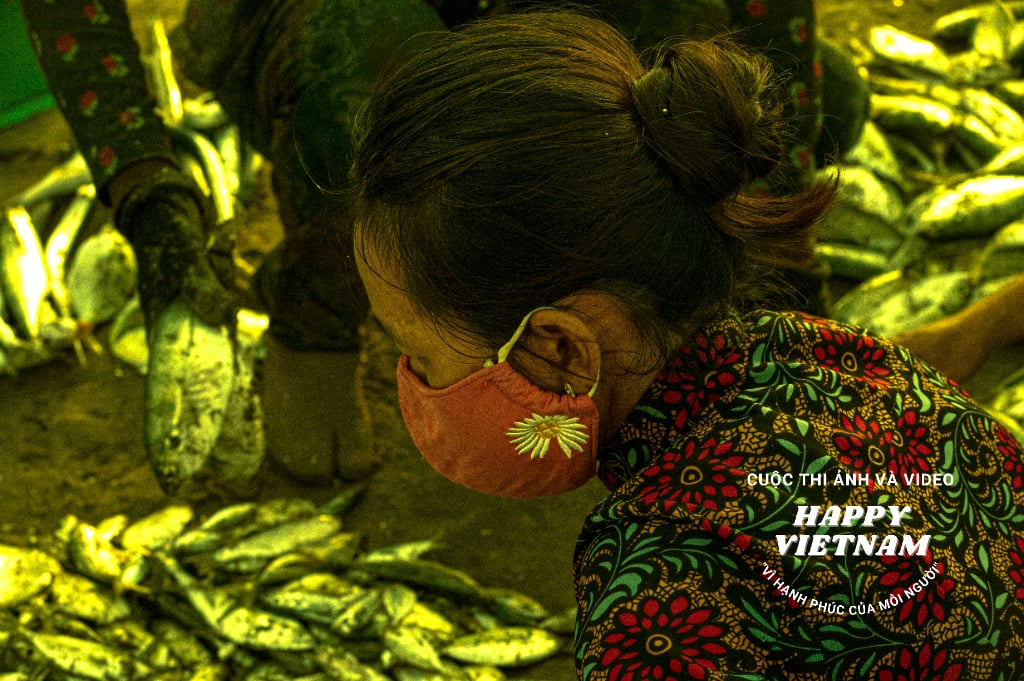
Comment (0)